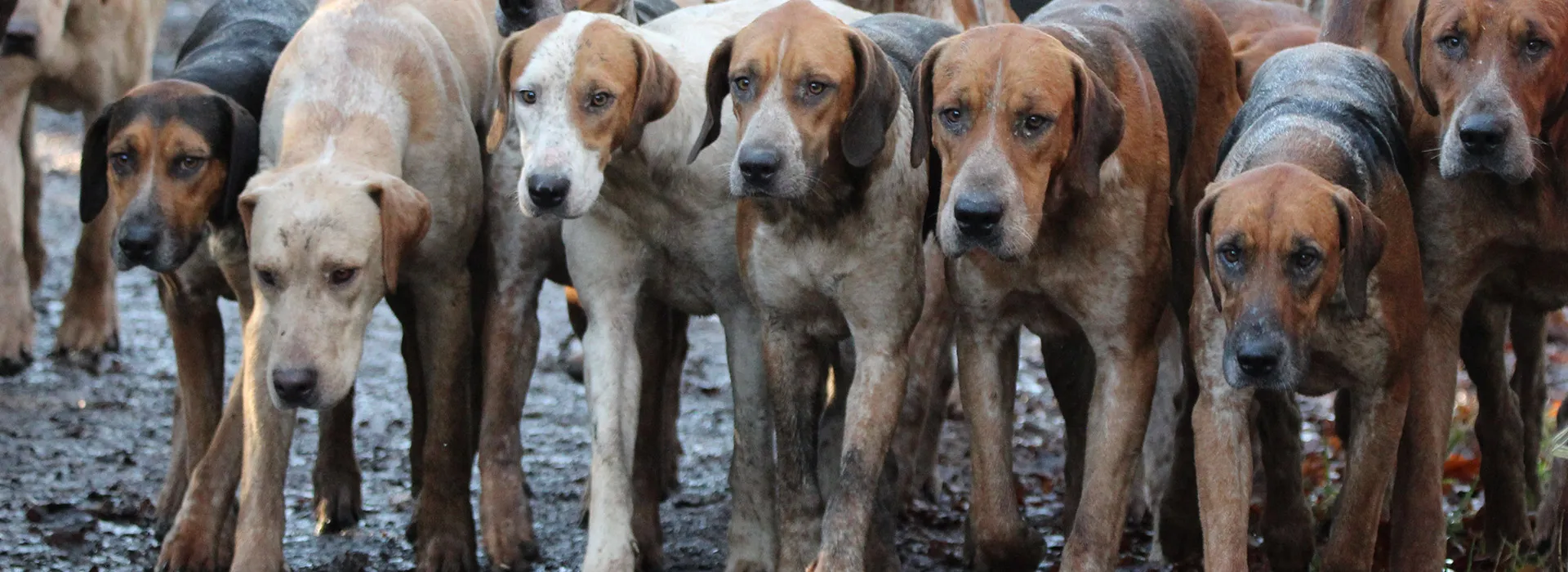Queen Elizabeth has donated an undisclosed sum from her personal income to a controversial songbird charity.
The Songbird Survival organisation has attracted criticism for supporting the killing of magpies, grey squirrels and wild cats to preserve the nation’s songbirds.
The Norfolk-based charity has also consistently attacked the Royal Society for the Protection of Birds – a charity the queen is patron of – for denying the animals are responsible for the decline of the songbird species.
The Norfolk-based charity was among the 17 animal charities the Queen gave an undisclosed sum to last year.
The RSPB denies that predators are responsible for the decline over the past 30 years of the lesser redpoll (90 per cent decline), tree sparrow, (80 per cent), skylark (75 per cent), song thrush (53 per cent) or bullfinch (over 50 per cent).
The Songbird Survival website gives advice on how to set Larsen traps for magpies and says some landowners kill 100 magpies a year, to the benefit of songbirds which lose fewer eggs from their nests as a result.
André Farrar, of the Royal Society for the Protection of Birds, said: “We don’t believe magpies are as much of a problem as they do. We don’t agree with magpie control.”
Needless to say Songbird Survival has close links to the bloodsport industry. Its principle Trustee and spokesman, Viscount Coke, heir to the Holkham Estate, Norfolk, faced 12 charges relating to the use of poisons on the family’s Norfolk estate. His charges followed the conviction in March that year of one of the estate’s gamekeepers for shooting and poisoning three kestrels.
In October 2007, the Queen’s grandson, Prince Harry, was interviewed by police after two rare and legally protected birds of prey were killed on the royal family’s Sandringham estate.
In 2006, Songbird Survival published a study by Prof Roy Brown which said that the grey squirrel was the greatest predator of native songbirds. The report was dismissed by DEFRA, who added, “These results are not consistent with the findings of the repeat woodland bird survey of 2005.”



